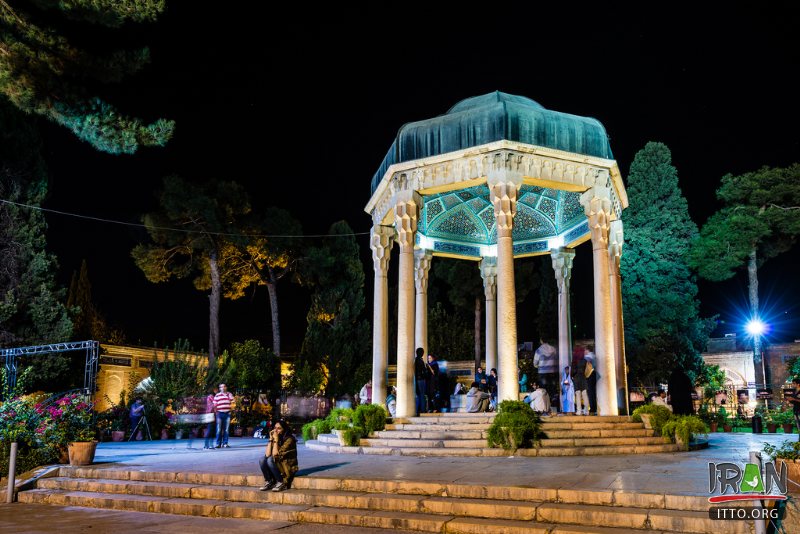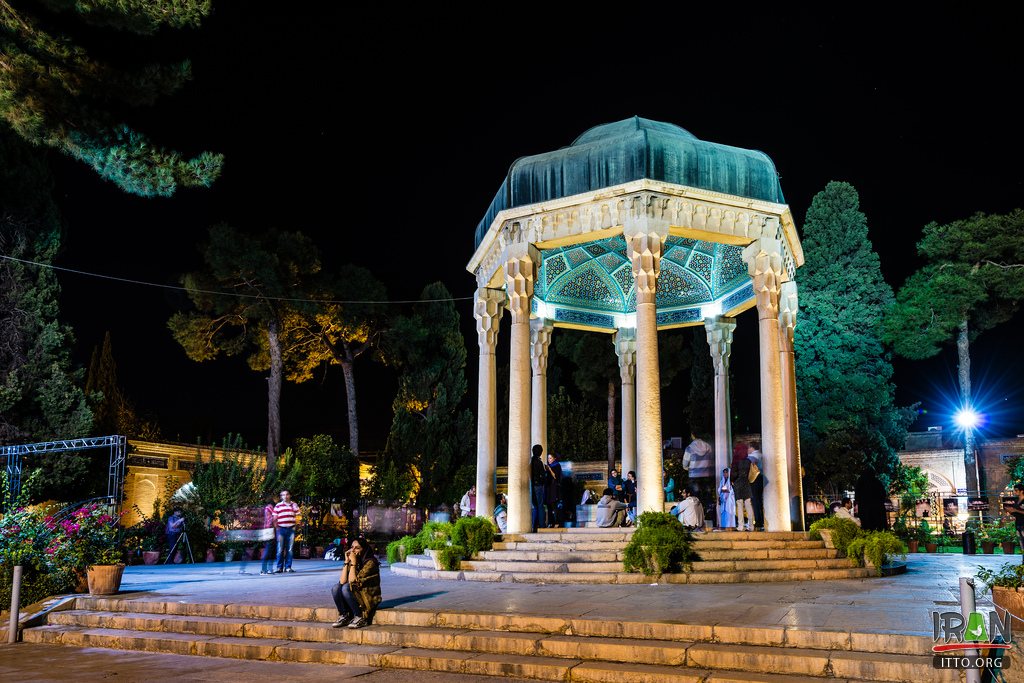A string of cultural programs, including workshops, exhibits and book fairs, were also organized to mark the day.
Hafez expert Javad Mortezaei said that his sonnets mirror Iranian identity as well as its cultural features, ISNA reported. The professor added that the secret of Hafez's success throughout centuries lies in the fact that he brought a kind of innovation of in different discourses of mysticism, love, philosophy and criticism.
The southwestern Iranian city of Shiraz hosted the 13th International Conference for Promotion of Persian Language and Literature. It covered special topics on 'Hafezology' to discuss the role of Hafez in the development of Iranian culture and Persian language and literature.
Khwaja Shams-ud-Din Mohammad Hafez Shirazi (1325–1389) was born and grew up in Shiraz. He memorized the holy Qur'an at an early age which earned him the nickname 'Hafez' (meaning memorizer or 'keeper'). Divan-e Hafez — a collection of his poems — is regarded as a pinnacle of Persian literature. The collection of his sonnets in Divan-e Hafez is very popular in the Persian-speaking world.
His strong influence on the lives of Persian speakers can be found in the frequent use of his poems in Persian traditional music, visual arts and Persian calligraphy and in proverbs or sayings. His life and poems has been the subject of much analysis, commentary and interpretation, influencing post-14th century Persian writing more than any other author.



